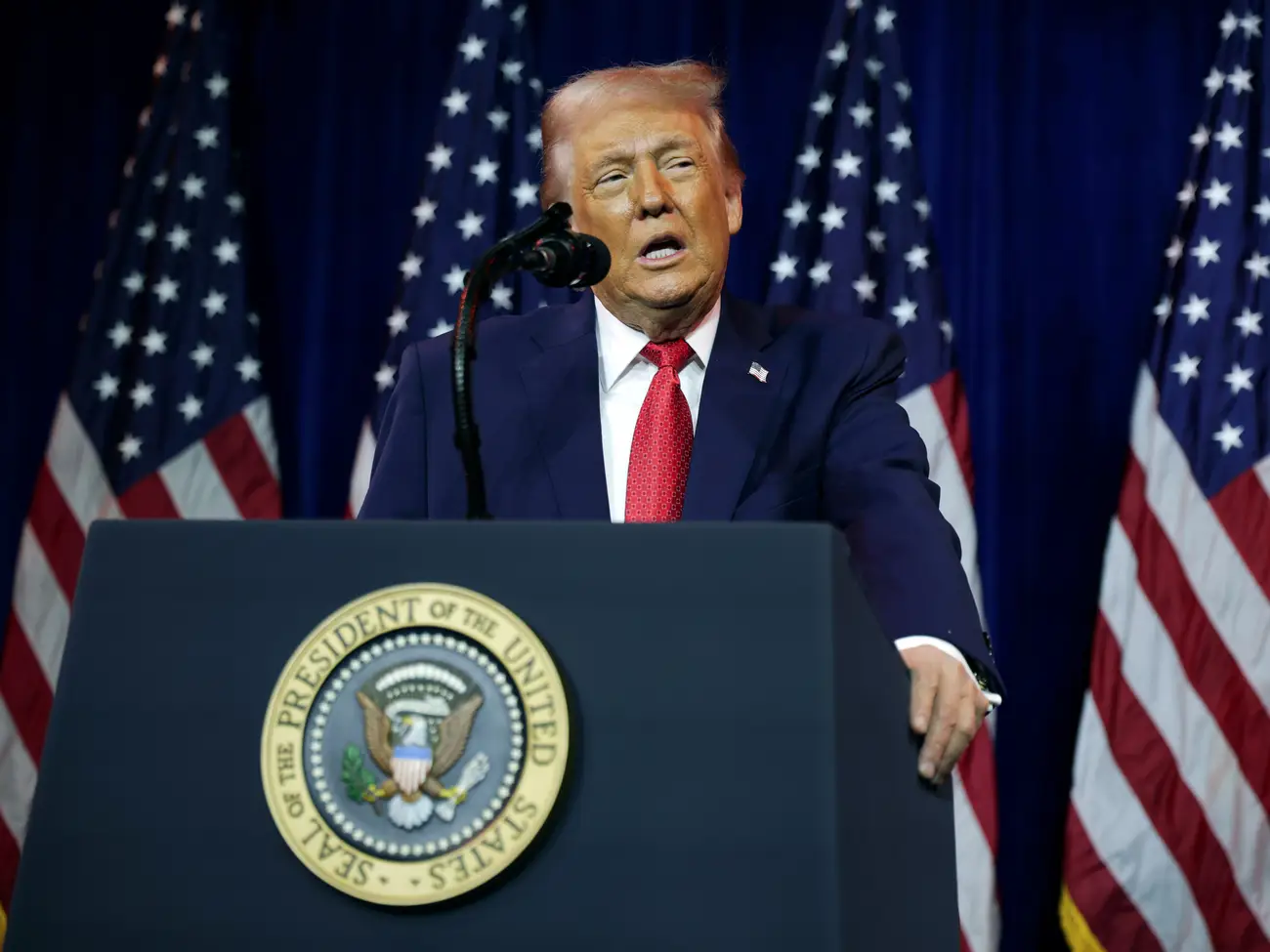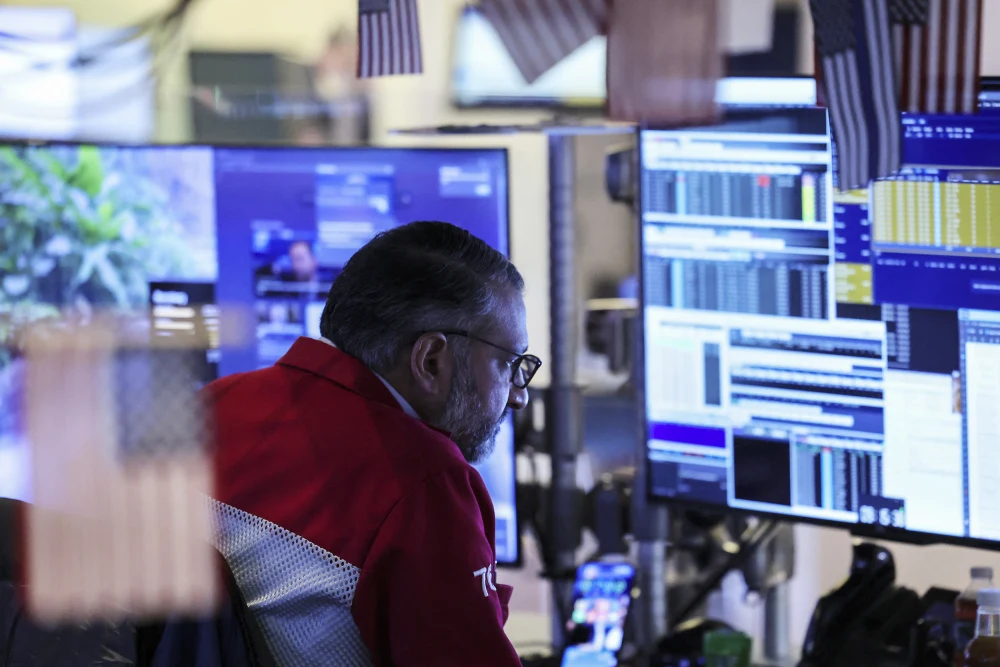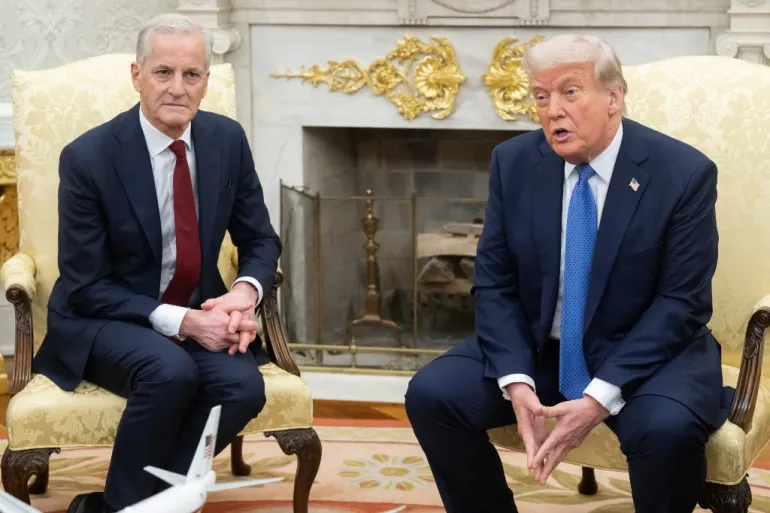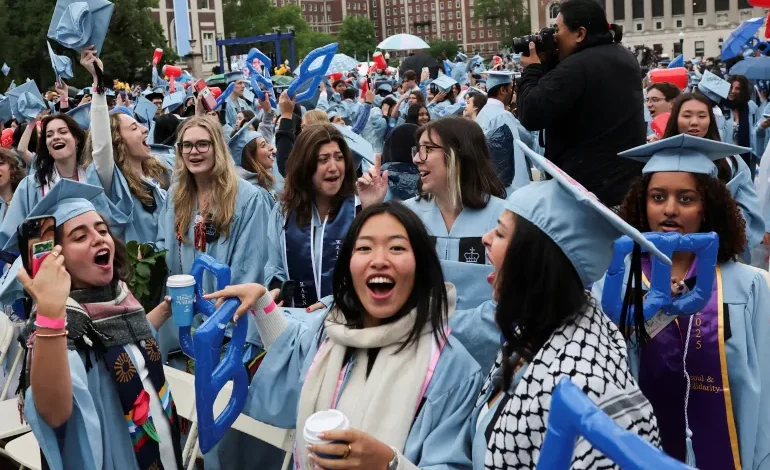Chinese students enrolled at American universities say they are alarmed and anxious after U.S. Secretary of State Marco Rubio announced plans to “aggressively revoke visas” for certain Chinese nationals and tighten scrutiny of future applications, as per Al Jazeera.
The two-sentence statement, released earlier this week, targets students with alleged links to the Chinese Communist Party (CCP) and those studying “critical fields,” but offers no details on how such determinations will be made. Higher-education leaders warn the sweeping language leaves more than 300,000 Chinese students in the U.S. uncertain about their legal status.
The new visa policy marks the latest move by President Donald Trump’s administration to curb academic exchanges with China. During Trump’s first term, the Justice Department launched the “China Initiative,” which aimed to combat economic espionage but drew criticism for disproportionately targeting researchers of Chinese descent. That program was shut down in 2022 by President Joe Biden, yet bipartisan scrutiny of Chinese technology and research links has only intensified.
Kyle Chan, a China analyst at Princeton University, said the administration’s latest announcement “appears more symbolic than strategic,” noting that it offers few specifics about security risks while spreading “shock waves of fear across campuses.”
Tensions were further stoked last year by a Republican-led congressional report alleging that hundreds of millions of U.S. research dollars flowed, through joint projects, to Chinese institutions developing sensitive technologies, including artificial intelligence and advanced weapons systems.
The visa threat follows other measures aimed at America’s leading universities. Earlier this month, Trump threatened to cap foreign enrollment at Harvard University and demanded lists of its international students—moves temporarily blocked by federal courts but widely seen as part of a broader push to restrict Chinese access to U.S. research.
University administrators say they are awaiting formal guidance from the State Department before advising students. In the meantime, many Chinese nationals are re-evaluating their academic plans. Some are considering transferring to universities in Canada, the United Kingdom, or Australia, where they perceive fewer political risks.
“There is definitely a degree of uncertainty and anxiety,” Anson said. “But for now, we can only wait and hope that clearer rules will emerge.”










The latest news in your social feeds
Subscribe to our social media platforms to stay tuned